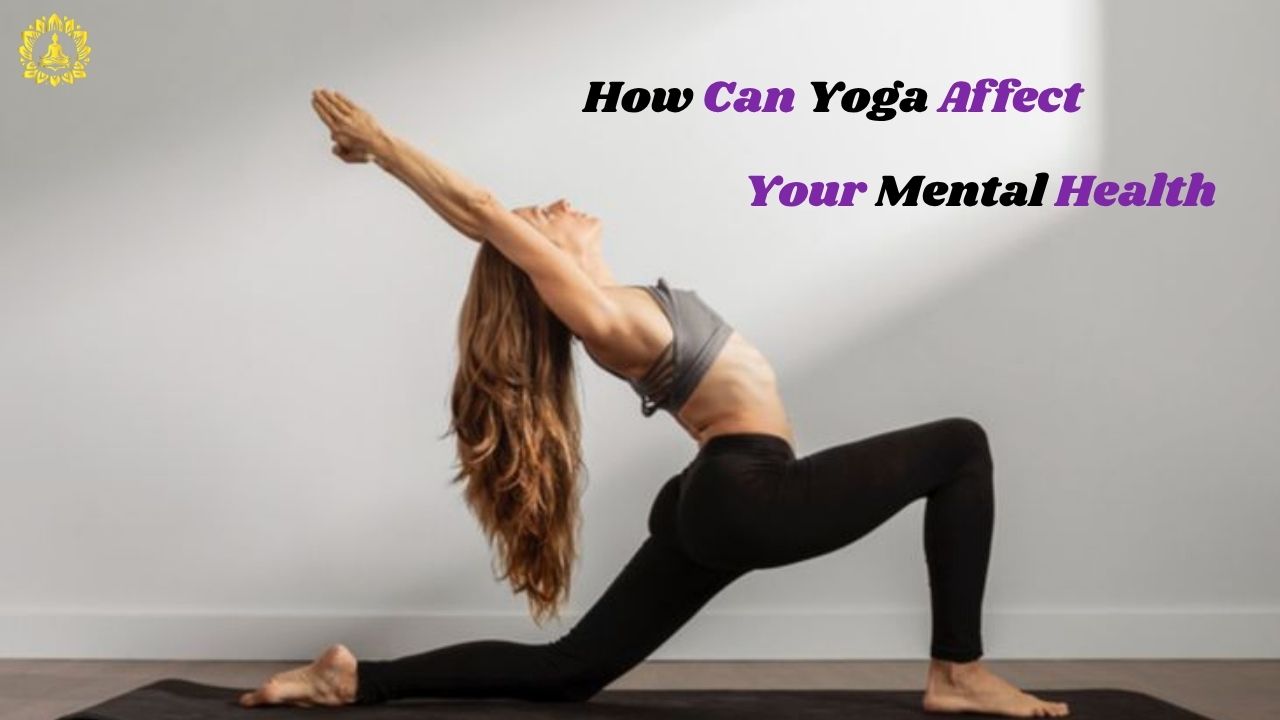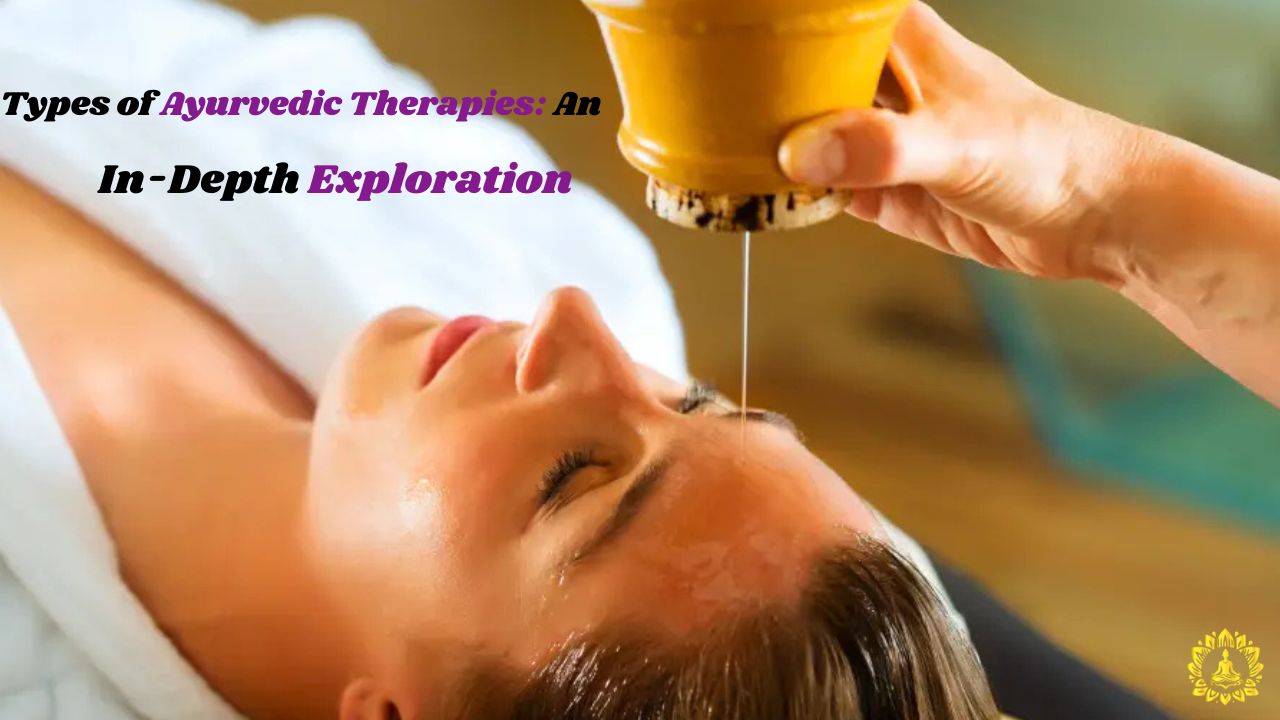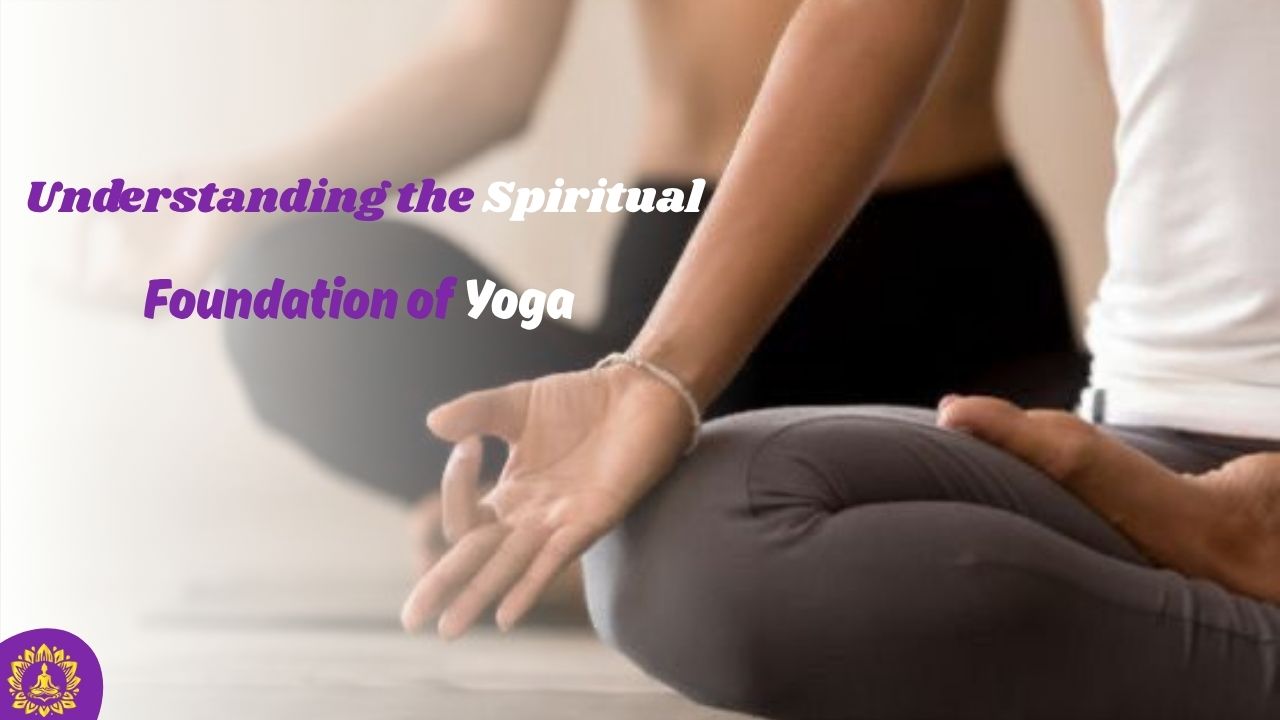In the modern world, people are suffering from various mental issues such as depression, anxiety, stress, and tension. Due to hectic work life and a polluted environment, people nowadays are struggling with different Mental Health conditions. To get rid of these, people are searching for the most effective way. People are consulting doctors and taking medicines regularly for their Mental Health. But it isn’t a permanent solution, and also not a natural way. Thus, in recent years, people have shifted their interest towards the science of yoga. Yoga is the safest and has no side effects, which helps people improve their Mental Health.
Yoga helps in fighting against Mental Health challenges such as emotional exhaustion, stress, depression, and anxiety. In recent times, yoga has evolved as a powerful tool for keeping your Mental Health balanced. Yoga is not just known for its physical benefits, but it is an overall transformation that includes yoga asanas, meditation, pranayama, and dhyana. These segments of yoga help in providing the utmost benefits to the person.
It offers a unique combination that helps in reducing anxiety, stress, and depression. This science of health and wellness is known for rendering joy, mental clarity, emotional balance, and resilience. By knowing about the true powers of yoga, people join yoga not only for physical fitness, but also for their mental, emotional, and spiritual well-being. It imparts a path towards healing. This article tells you the mental benefits of doing yoga regularly. These are:
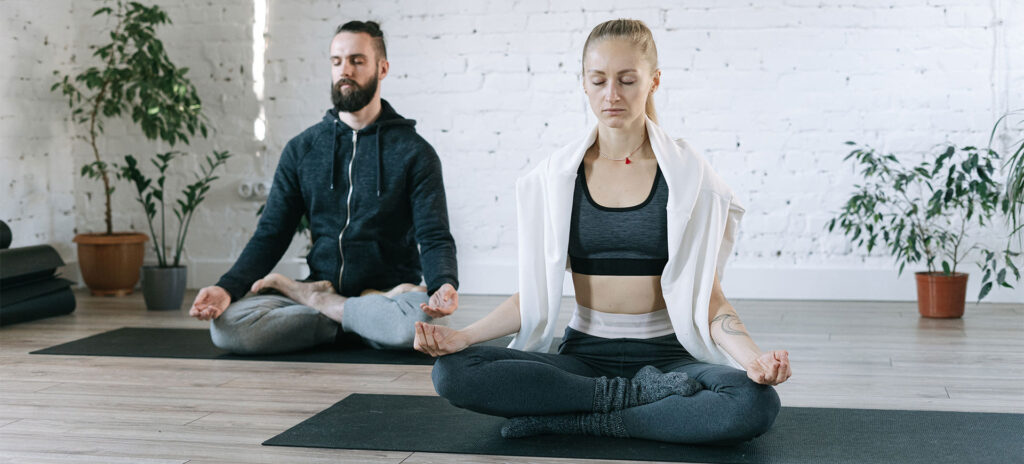
Yoga Reduces Stress Levels
The stress is reduced by Yoga. Stress is seen most commonly in modern-day life. When stress is caused when a hormone named cortisol being released, yoga helps in lowering the level of these hormones. It involves various useful practices such as meditation, gentle stretching, and deep breathing that activate the parasympathetic nervous system. 20 to 30 minutes of yogic activities daily can calm down your mind and help reduce stress. The effects of yoga are:
Reduces blood pressure
Lowers heart rate
Enhances mood
Improves the body’s response to stressful situations
Yoga Helps Manage Anxiety
Whenever a person feels nervous, fearful, or excessively worried, it results in anxiety. This is a state where mental stability and peace are disturbed. Yoga provides various techniques that help in fighting against this imbalance that is caused by internal imbalances or external pressures. Breathing practices such as
Anulom Vilom and Nadi Shodhana (alternate nostril breathing) in yoga help in reducing anxiety by calming down the mind. The art of Yoga helps bring the mental state of a person to the present situation. This helps in removing the fear and nervousness. Through the breath, movement, and mindfulness activities in yoga, one can control their emotions and stay grounded. Various useful Yoga Practices for Anxiety are:
Hatha Yoga
Restorative Yoga
Yoga Nidra (Yogic Sleep)
Slow Pranayama techniques
Yoga Alleviates Symptoms of Depression
Depression is a mental state disorder. It affects your well-being and thoughts. It’s not just sadness, but it is a state where a person feels negative or depressed about everything. Although Yoga does not have a medical treatment, it helps in relaxing the mind and reducing the symptoms of depression. It helps in increasing serotonin production, which is known as a feel-good hormone. The increment of this hormone increases pleasure and motivation in a person, which reduces depression. Various Yoga postures help maintain the flow of energy, fight emotional fatigue, and uplift your mood. Thus, overall, Yoga is the best practice that calms down your mind so that you can reduce depression.
Yoga Enhances Emotional Resilience
In life, there are many circumstances where a person feels changes and challenges. Adapting to these conditions depends on our emotional resilience. The regular practice of yoga helps in maintaining emotional resilience and trains our minds to stay calm and composed in every situation. Not only on the mat, yoga helps in keeping yourself emotionally balanced in real life, too. It helps in increasing self-awareness, non-reactivity, and patience. A person doing yoga can handle the situation more effectively. He or she can respond with compassion, clarity, and calmness to such situations.
Yoga Improves Sleep and Reduces Insomnia
In modern stressful and hectic life, poor sleep quality is common. Poor sleep quality leads to insomnia. This also affects your Mental Health and leads to depression, irritability, and cognitive decline. Yoga practices such as gentle flows, forward bends, and Yoga Nidra reduce mental restlessness and tension. It also balances the hormone responsible for a proper sleep cycle (Melatonin Level), so that you can have a sound and uninterrupted sleep.
Yoga Cultivates Self-Awareness and Mindfulness
Mindfulness is a tool that helps in the promotion of self-compassion and presence, also reducing overthinking. It is the practice by which a person can observe emotions and thoughts without any judgment. The daily practice of yoga enhances the mindfulness of a person. It reduces overthinking and stress. Yoga is also helpful in building awareness through Yoga asana practice, meditation, and pranayama. It helps in destroying the negative thoughts from a person’s mind so that they can react in a balanced way in every situation. Sense of control, inner peace, and understanding are increased with yoga.
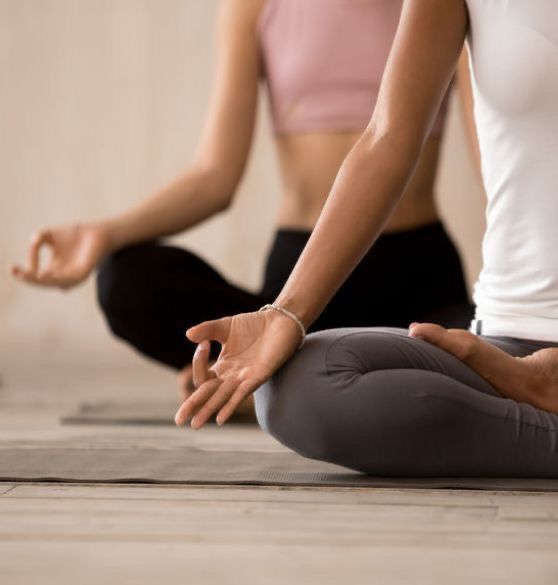
Yoga Supports Trauma Healing and Addiction Recovery
Yoga is very helpful for the person expecting recovery and healing from Trauma and addiction. It controls thoughts and the mind. Also, yoga reduces dissociation, emotional imbalances, and physical tensions due to trauma and addiction. Regular guided yoga practice creates an environment for a person so that he or she can develop self-trust, release emotions, and connect with their soul. Yoga also helps in
Build discipline and focus.
Reduce cravings
Calm the nervous system.
Cultivate healthy coping mechanisms.
Supports long-term healing
Boosts Confidence and Self-Esteem
Lower confidence levels and self-esteem are a mental challenge. The science of yoga helps build confidence in a person. Yoga helps in increasing self-acceptance and the mind’s strength. Moreover, regular practice helps in achieving proper balance and seeing the real potential in yourself, thus building confidence.
Strengthens the Mind-Body Connection
Yoga is the best way to connect your mind and soul. In our busy lives, our minds and souls often get disconnected. However, with the various practices of yoga, such as Yoga asana practice, meditation, mindfulness activities, and Pranayama, we can achieve our goal of integration. It influences both mind and soul and creates a proper balance, which leads to better overall mental and physical health.
Practical Tips to Start Using Yoga for Mental Health
– Begins with a short yoga class
– Focus on your breathing exercises or Pranayama to regulate your emotions
– Try Yoga Nidra for sleep-related disorders.
– Regular yoga practice is required
– For a good yoga learning environment, you can join a yoga class

